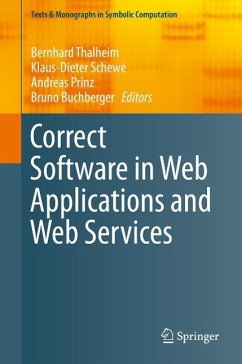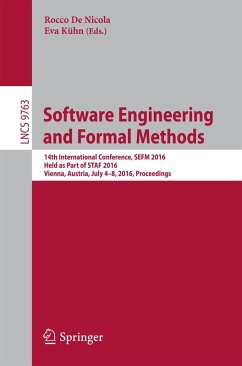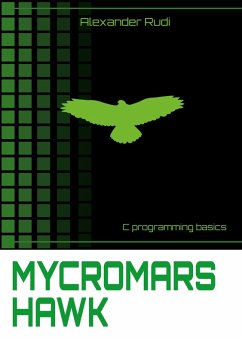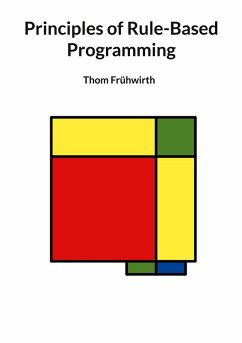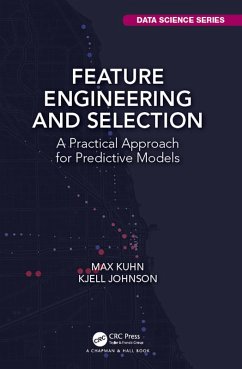
Algebras for Feature-Oriented Software Development (eBook, PDF)
Sofort per Download lieferbar
Statt: 39,90 €**
19,99 €
inkl. MwSt. und vom Verlag festgesetzt.
**Preis der gedruckten Ausgabe (Gebundenes Buch)
Weitere Ausgaben:

PAYBACK Punkte
0 °P sammeln!
This book systematically presents the underlying mathematical structures and foundations of feature orientation in the fields of software development. New algebras are proposed and thorough investigations and discussions of their algebraic laws as well as insights on their practical applications are provided. Feature-oriented programming and feature-oriented software development have been established in computer science as a general programming paradigm that provides formalisms, methods, languages, and tools for building maintainable, customizable, and extensible software. Feature orientation ...
This book systematically presents the underlying mathematical structures and foundations of feature orientation in the fields of software development. New algebras are proposed and thorough investigations and discussions of their algebraic laws as well as insights on their practical applications are provided. Feature-oriented programming and feature-oriented software development have been established in computer science as a general programming paradigm that provides formalisms, methods, languages, and tools for building maintainable, customizable, and extensible software. Feature orientation has widespread applications, ranging from network protocols and data structures to software product lines.
Dieser Download kann aus rechtlichen Gründen nur mit Rechnungsadresse in A, B, BG, CY, CZ, D, DK, EW, E, FIN, F, GR, H, IRL, I, LT, L, LR, M, NL, PL, P, R, S, SLO, SK ausgeliefert werden.




